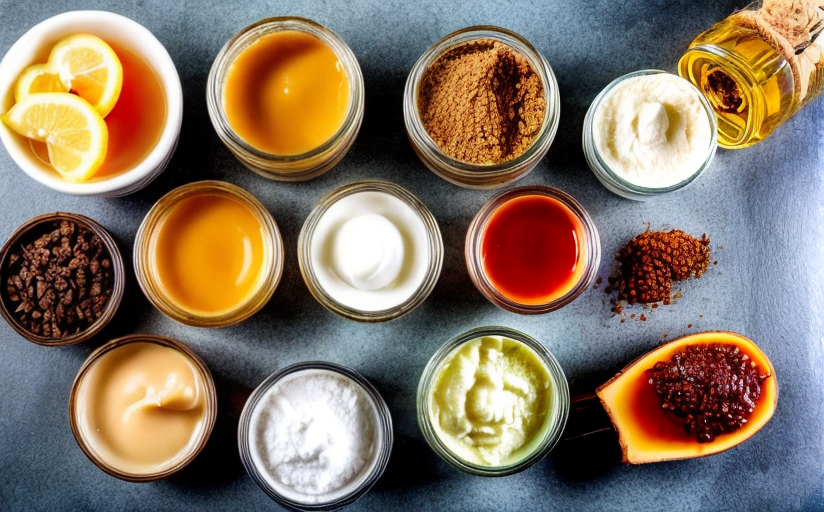The Rise and Influence of Organic Ingredients in the Skincare Industry
Decoding Organic Skincare: An Overview
Organic skincare is the next big thing in the beauty industry. The products, sourced from nature and devoid of harmful chemicals, have become increasingly popular due to their perceived health and environmental benefits. However, the concept of 'organic' extends beyond just being a marketing tactic - it carries significant weight in the realm of skincare, beauty, and well-being.
The Changing Dynamics of the Skincare Industry
Over the past few years, there has been a surge in demand for organic skincare products. This demand is driven by growing consumer awareness of the potential skin and health hazards associated with synthetic personal care ingredients. As a result, more and more beauty brands are shifting towards natural and organic formulations, thereby transforming the landscape of the skincare industry.
Organic vs. Non-Organic Skincare Products: A Comparative Analysis
In the battle between organic and non-organic skincare products, the former often takes the lead due to the absence of harmful chemicals. Organic products, made from natural ingredients grown free from pesticides and herbicides, are believed to be gentler on the skin and less likely to cause irritation or allergic reactions than their non-organic counterparts. Additionally, long-term use of organic skincare products is hypothesized to result in healthier, more radiant skin, given that they do not strip the skin of its natural oils unlike many conventional products.
A Deep Dive into Organic Ingredients and Their Skin Benefits
Some of the top organic ingredients widely used in skincare include aloe vera, tea tree oil, shea butter, and rosehip oil. Aloe vera, known for its soothing and healing properties, can benefit all skin types, especially sensitive and inflamed skin. Tea tree oil, with its anti-inflammatory and antimicrobial properties, is a boon for acne-prone skin, while shea butter provides deep nourishment for dry skin. Rosehip oil, rich in antioxidants, can help fight signs of ageing.
The Flip Side: Controversies and Adverse Effects
Despite the surge in popularity, organic skincare is not without controversy. The lack of regulation and standardization in what qualifies as 'organic' leaves a lot of room for greenwashing - misleading marketing strategies that give an unjustified 'green,' 'natural,' or 'organic' image to products. Moreover, natural ingredients can still lead to allergic reactions or sensitivities in some individuals, emphasizing the need to proceed with caution and per individual skin types and needs.



















Comments
Leave a Comment